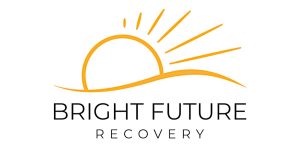Home » Treatments » Prescription Detox
Prescription Detox
- Cheree Ashley
- Medically Reviewed
Prescription Drug Detox Programs
When most people think about drug addiction, they consider substances like heroin, cocaine, or methamphetamine. But what about medications given to you by a doctor? Even medications prescribed by healthcare professionals have the potential to be abused. Prescription drug addiction can be incredibly difficult to overcome. Prescription drug abuse is defined as the chronic and repeated use of a prescription in a way other than what is prescribed. This includes using larger doses than prescribed, using drugs that are prescribed for longer than they have been prescribed for, or using someone else’s prescription.
Prescription drugs that are most commonly abused include opiates and benzodiazepines. Both opiates and benzos have a high likelihood of causing physical and psychological addiction in those that use them, especially when used longer than directed by a doctor. These types of drugs are typically prescribed to reduce chronic pain or pain encountered after medical procedures. They also have a high potential for addiction and abuse. Those who find themselves addicted to prescription drugs should seek help through addiction recovery and detoxification programs. These programs are able to help those addicted to prescription drugs overcome their addiction and lead happy, healthy, drug-free lives. Detox is the first step towards recovery for many individuals.
What is Prescription Drug Abuse and Detox?
Most users of prescription drugs receive them via a prescription from a health professional. Unfortunately, after the body becomes accustomed to the presence of prescription drugs, stopping their use can be difficult or impossible for many people to do on their own. Prescription drug detox programs help people stop taking prescription drugs like opiates and benzodiazepines once and for all. When an individual stops consuming prescription drugs, they often find they encounter withdrawal symptoms that make them feel uncomfortable. The only way they know how to stop those withdrawal symptoms is by consuming more of the addicting medication. If they no longer have a prescription for that medication, they may try lying to their physician to obtain more of the medication. If they cannot get more of the drug from their normal doctor, they may engage in doctor shopping, where they visit different healthcare providers in an effort to get another prescription. If they are successful and consume more of the medication, over time, a tolerance to the prescription medication builds up. This can lead to severe instances of dependence on prescription drugs.
The Effects of Prescription Drug Abuse on the Body
The effects of a prescription drug on the body depend on the type of drug being consumed. The most common types of prescription drugs that have a high potential for addiction are opiates and benzodiazepines. These drugs are commonly prescribed for pain management but should only be taken for short periods of time, as longer consumption can lead to dependency and addiction.
The short-term effects of opiates on the body include:
- Nausea, vomiting
- Dizziness
- Sedation
- Feelings of euphoria
- Headache
- Mental fog
- Itching
- Respiratory depression
- Constipation
- Drowsiness
- Lethargy
Long-term effects of opiates on the body include:
- Irregular heartbeat
- Increased risk of heart attack
- Increased pain
- Weak bones
- Abdominal pain
- Hormonal problems
- Depression
- Constipation
The short-term effects of benzodiazepines on the body include:
- Appetite loss
- Drowsiness
- Dry Mouth
- Relaxation
- Slowed breathing
- Nausea
- Coordination loss and slowed motor function
- Vision problems
- Mood swings
- Memory loss
Long-term effects of benzodiazepine abuse include:
- Confusion
- Memory problems
- Impaired judgment
- Cognitive decline
- Increased risk of accidents
Symptoms of Prescription Drug Detox
Much like the effects a drug has on the body, the symptoms of withdrawal and detoxification from prescription drugs depend on the type of drug being used. The length of time it takes to detox also depends on the drug being consumed.
Opiate withdrawal begins approximately 12 hours after the last use and peaks around 3-5 days. Withdrawal can last 1-4 weeks, with post-acute withdrawal symptoms (PAWS) lasting up to two years. The most common symptoms of opiate withdrawal may include:
- Low energy
- Irritability, agitation
- Anxiety
- Insomnia
- Muscle aches and pains
- Abdominal pain, nausea, vomiting, diarrhea
- Hot and cold sweats
- Mood swings
- Variable concentration
The most common symptoms of benzodiazepine withdrawal may include:
- 6-8 hours: anxiety and insomnia begin
- 1-4 days: increased heart and respiration rates, sweating, nausea
- 10-14 days: withdrawal symptoms begin to decline
- 15+ days: Those with severe dependency may experience post-acute withdrawal symptoms (PAWS) during this time, lasting months after quitting benzodiazepines
How Long Does it Take to Detox from Prescription Drugs?
The amount of time it takes to detox from prescription drugs can vary greatly between individuals, for a number of reasons. There are multiple factors that can affect how long the detoxification process takes. These factors can include:
- The amount of time an individual has spent taking prescription drugs
- The amount of prescription drugs an individual has taken
- The type of prescription drug being abused
- The individual genetic makeup of the person
- The person’s age and overall health
When it comes to opiates, the detoxification process takes place over a number of weeks, depending on whether the opiate being consumed is short or long-acting. Benzodiazepine detoxification also takes approximately 10 and 14 days. Detoxification symptoms from both benzos and opiates can last longer in certain cases, and post-acute withdrawal symptoms have the potential to last months after these prescription medications are no longer being used.
Recognizing if Prescription Drug Detox May Be Right for You
Those who experience addiction to prescription drugs or just think they may be experiencing addiction to prescription drugs often wonder when they should consider treatment at an addiction recovery center. Those who are dealing with prescription drug addiction may require assistance through a detox program if they experience:
- Severe cravings for prescription drugs
- Needing prescription drugs to feel normal
- Feeling they cannot function without consuming prescription drugs
- Stopping normally enjoyed activities to take prescription drugs
- Lying or faking symptoms in order to obtain prescription drugs
- Isolating from family and friends in order to take prescription drugs
- Being unable to stop taking prescription drugs
- Taking prescription drugs in larger doses or more frequently than prescribed
- Experiencing withdrawal symptoms when not taking prescription drugs
Different Types of Detox
There is a multitude of options dealing with addiction problems. Many different detoxification programs are available to help clients rid their bodies of toxins. Detox programs offer clients a safe place to receive assistance from a staff of trained medical professionals. Detoxification programs are confidential, meaning no client information will be shared under doctor-patient confidentiality laws. Clients at detoxification programs are also safe for the duration of their detox, where they are consistently monitored by medical staff, and medical intervention can take place if and when necessary. Common detoxification programs include:
- Alcohol detox
- Benzodiazepine detox
- Opiate detox Barbiturate detox
- Oxycodone detox
- Fentanyl detox
- Lortab detox
- Crystal meth detox
- Hydromorphone detox
- Morphine detox
- Heroin detox
- Norco detox
- Tramadol detox
- Percocet detox
- Vicodin detox
- Cocaine detox
Prescription Drug Detox and Getting Help
Once an individual becomes addicted to prescription drugs, getting help through a detox and addiction recovery program is highly recommended in order to get sober. When trying to stop on their own, and an addicted person may try to stop using the substance abruptly. While this method of becoming sober may be advisable for those addicted to some other substances, quitting prescription drugs cold-turkey after becoming addicted is never advisable. Withdrawal from prescription drugs can be intense and painful and can lead to a variety of complications, including death. Getting help through a detox center is the proper way to find sobriety when addicted to prescription medications. Detox centers are able to medically supervise clients and help them go through withdrawal symptoms in a safe setting, providing medical assistance if and when necessary. After the detox process is complete, clients are encouraged to attend an inpatient or residential rehabilitation program to help them learn how to maintain their sobriety through the use of positive coping techniques, trigger avoidance, and craving management.







